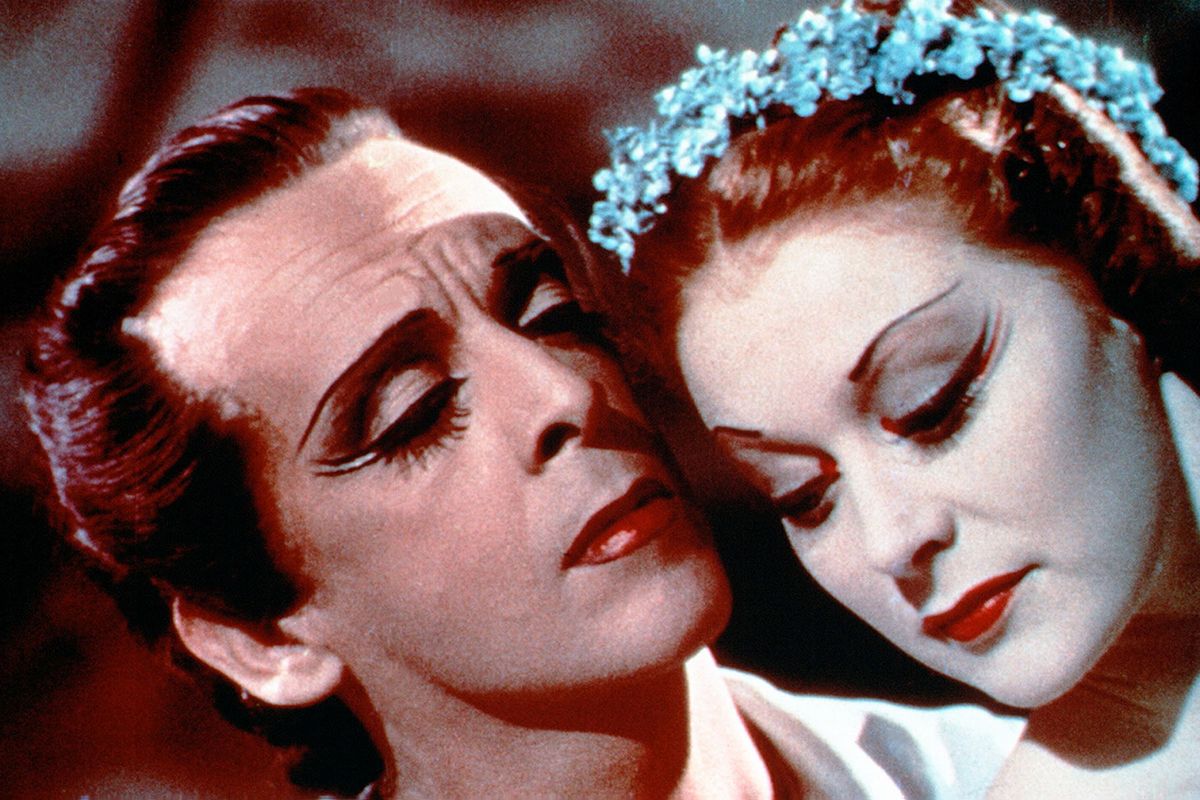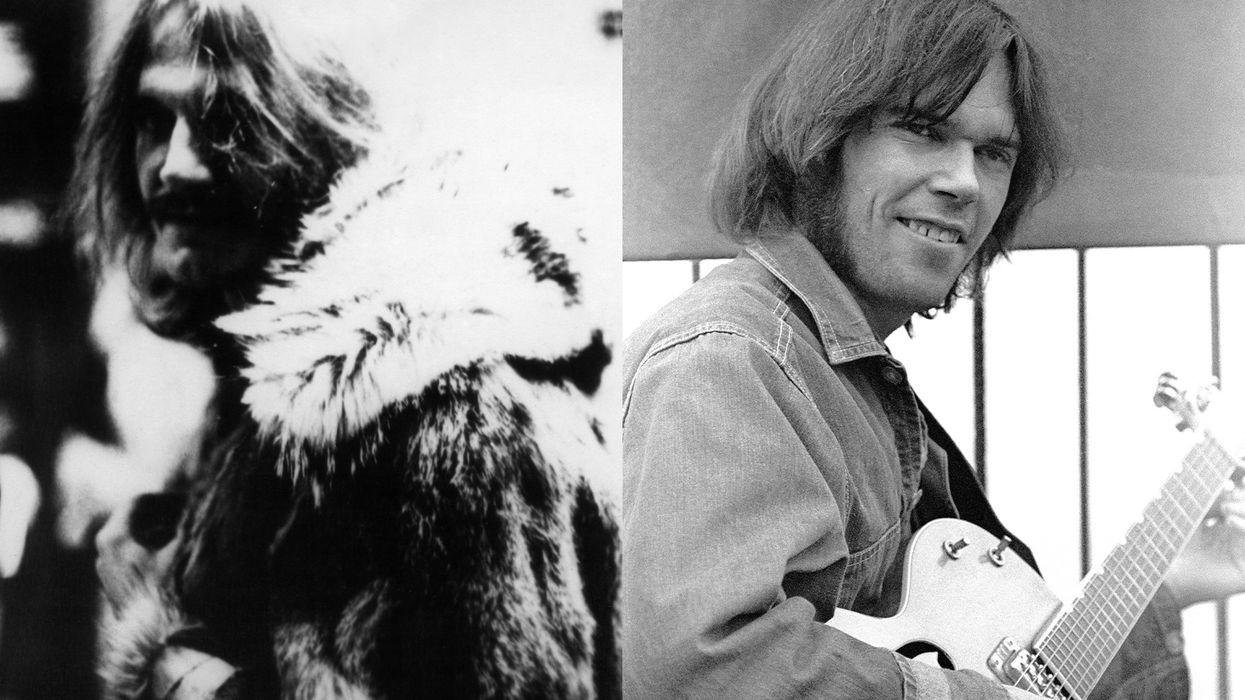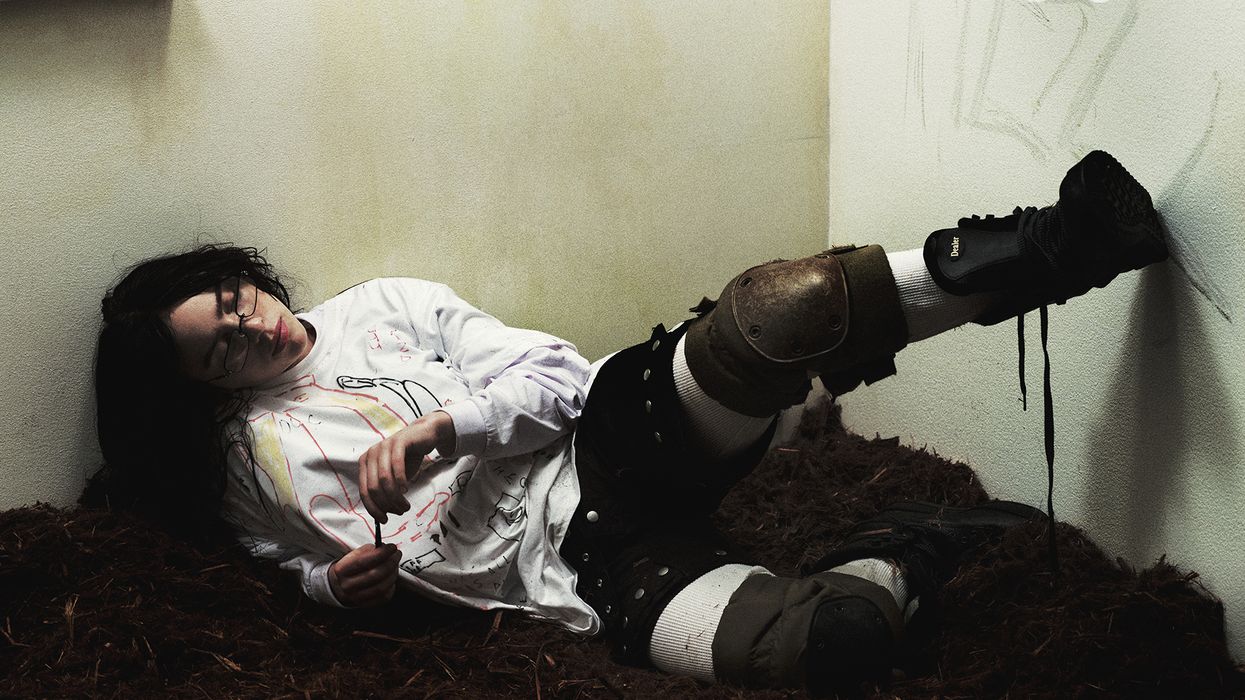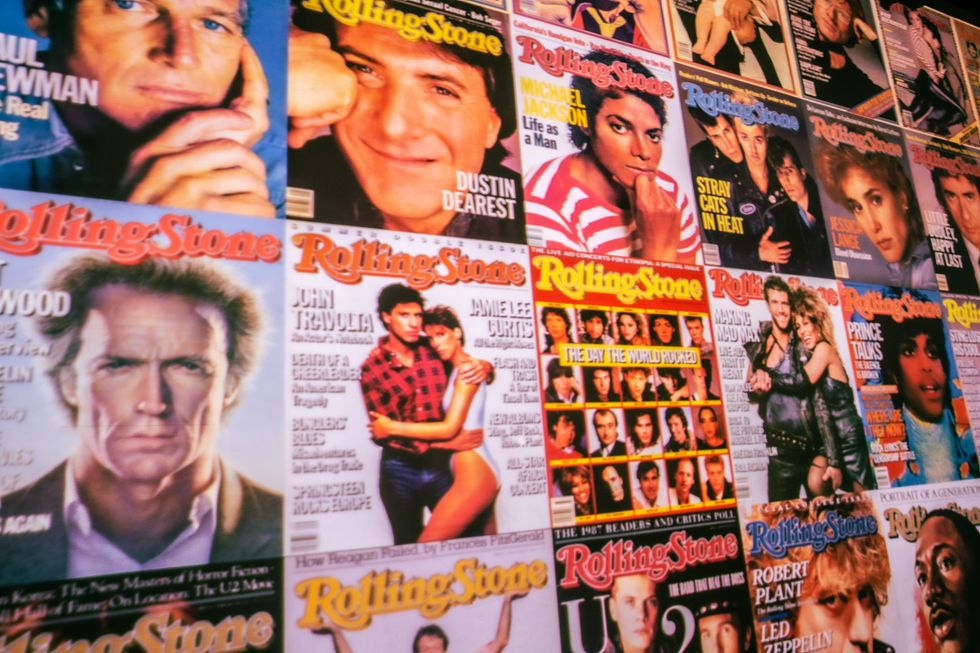Martin Scorsese is recognized as a champion of cinema, a man who’s dedicated his life to preserving the seventh art, the former model for the single most 1970s beard ever and our greatest living American filmmaker. What folks usually forget to mention is that the 81-year-old director is also our nation’s unofficial film-history-professor laureate, and his side hustle as both a documentarian and talking-head-for-hire has occasionally allowed Scorsese to share his knowledge, his insights and most of all, his passion for movies from every era and all corners of the world. Sometimes it’s in the slightly diaristic form of a “personal journey,” sometimes it’s simply offering a testimonial or the equivalent of a guest lecture in someone else’s lesson. Get the gent talking about the moving pictures in any way, shape or form, however, and the result always tends to fall between mind-expanding and mind-blowing.
Scorsese didn’t direct Made in England — that credit goes to the BAFTA-winning British docmaker David Hinton — but he’s the narrator, tour guide and overall overwhelming presence of this deep dive into the work of Michael Powell and Emeric Pressburger, the filmmaking duo known as “the Archers.” Scorsese has a personal connection to their work on several levels, starting with a youth spent watching the Million Dollar Movie program most afternoons; as he points out early on, American studios were reluctant to license their output to TV since that box in living rooms was considered the competition, but the distributors of British films had no such qualms. Hence, Scorsese ended up seeing a lot of imports from the U.K. in his formative years, courtesy of such Brit-cinema production stalwarts as the Rank Organization and Gainsborough.
It was the work of Powell and Pressburger’s Archers company, however, that left the biggest mark on him. And if you’ve seen The Red Shoes, Black Narcissus, The Life and Death of Colonel Blimp — or really, any of the dozen or so projects the duo collaborated on together — you can understand why. Made in England‘s opening montage alone, in a which a greatest-hits reel of Powell & Pressburger classics offers brief samples of their cinematic brio, is enough to make you punch drunk on their sheer movie-movieness. The black and white films could be poetic or picturesque, but were never pulpy. The color films took on the vibrancy and hallucinogenic qualities of a dream. Scorsese attests to the fact that seeing (and re-seeing, and re-re-seeing) those films changed him as both a moviegoer and a moviemaker. Should you think he’s merely paying lip service to a personal hero, the doc runs side-by-side shots of The Red Shoes and Taxi Driver, followed by a litany of Archers-style close-ups from Goodfellas, Cape Fear, The Age of Innocence, etc., that seal the deal. The latter is set to Cream’s “Sunshine of Your Love,” which begs the question: So are you sure Scorsese didn’t actually direct this himself?
The fact that most of us even know the names Michael Powell and Emeric Pressburger can be attributed directly to Scorsese, who almost singlehandedly forced their work back into the consciousness of tastemakers and film nerds. By the time the Mean Streets director sought Powell out during a trip to London in the early 1970s, the Archers work had largely been dismissed or outright forgotten. When the team broke up in 1957, Powell went off and made 1960’s Peeping Tom — a lurid story of a film-obsessed young man who murders people in order to shoot their final moments. Now, it plays like a companion piece to the similarly pathological Psycho, which hits screens the same year. Then, it was considered the work of a sicko, and made Powell persona non grata in the industry for years. He made the occasional movie after that, and briefly reunited with Pressburger at the end of the decade. But when the younger filmmaker met him, the elder statesman had more or less given up.
So Made in England is partially about how Scorsese managed to first befriend this artist he so greatly admired, and then rescue him from obscurity — a series of screenings and restorations of the Archers’ work, much of which Scorsese oversaw during the ’70s and ’80s, had completely reintroduced cinephiles to what is truly a glorious, delirious back catalog of films. Along with Francis Ford Coppola, who’d hire Powell to be an artist-in-residence during the brief heyday of Zoetrope Studios in the early 1980s, Scorsese made sure that attention was paid to this great man and that The Red Shoes and several other key works were recognized as modern masterpieces. He’d also introduce Powell to his longtime editor Thelma Schoonmaker; she and Powell married in 1984 and were together until his death in 1990.
But the documentary is also a masterclass on the movies themselves, with Professor Scorsese breaking down individual scenes, walking viewers through formalistic experiments and characters’ psychological motivations, and explaining how the two Archers met, often embedding behind-the-scenes anecdotes when pertinent and offering big-picture context when necessary. If you’re coming to Powell and Pressburger’s work for the first time, you’ll leave a believer. If you’ve already been converted thanks to constantly circulating prints/DCPs and/or weekend-long binges on the Criterion Channel, you’ll emerge as a second-hand scholar regarding their work.
And if you love their films as much as Scorsese still does — a virtual impossibility, given his alpha fandom — you’ll feel that, like David Niven in A Matter of Life and Death, you’ve briefly entered the kingdom of heaven. Made in England is currently playing in New York, hits several more cities on July 26th and expands even wider on August 2nd. Be warned that it is a gateway drug. It’s also the sort of movie that makes you understand why people fall in love with movies in the first place.














 Catering Presented By The Food DudesPhoto by Snapdrg0n
Catering Presented By The Food DudesPhoto by Snapdrg0n Catering Presented By The Food DudesPhoto by Snapdrg0n
Catering Presented By The Food DudesPhoto by Snapdrg0n Catering Presented By The Food DudesPhoto by Snapdrg0n
Catering Presented By The Food DudesPhoto by Snapdrg0n
 Photographer: Raphaëlle Sohier / Executive production: Elizabeth Crisante & Amanda Dorenberg / Design: Alex Filipas / Post-production: Bryan Egan/ Headpiece: Tristan Réhel
Photographer: Raphaëlle Sohier / Executive production: Elizabeth Crisante & Amanda Dorenberg / Design: Alex Filipas / Post-production: Bryan Egan/ Headpiece: Tristan Réhel Photo: Raphaëlle Sohier
Photo: Raphaëlle Sohier Photo: Raphaëlle Sohier/ Photo production: Bryan Egan/ Blazer:
Photo: Raphaëlle Sohier/ Photo production: Bryan Egan/ Blazer:  Photo: Raphaëlle Sohier/ Blazer: Vivienne Westwood/ Skirt :
Photo: Raphaëlle Sohier/ Blazer: Vivienne Westwood/ Skirt : 

